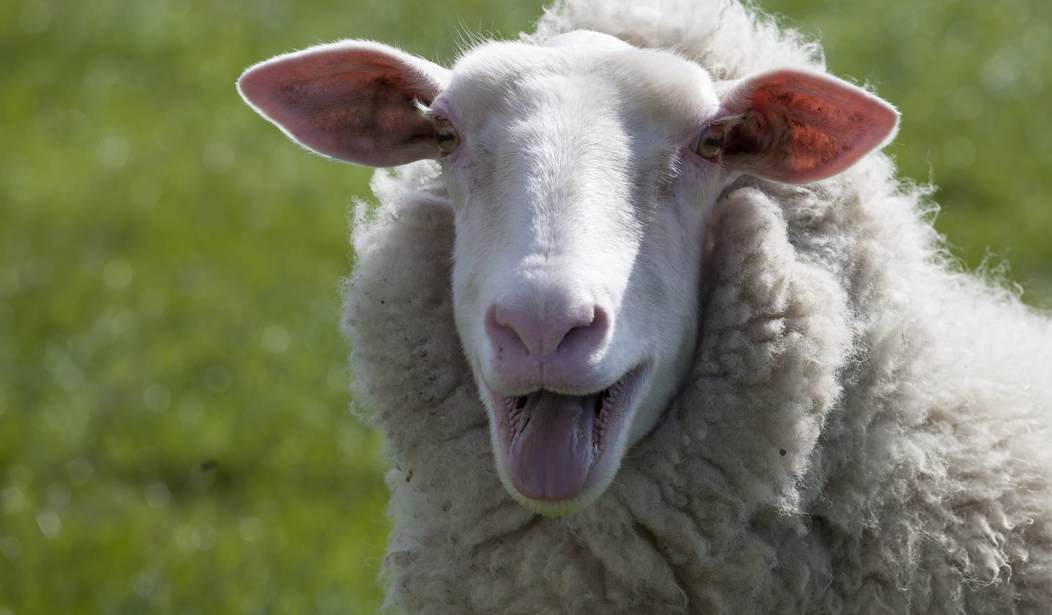As a parent, have you ever felt bad about lying to your children about Santa? Yes, the big guy is fictional and completely fabricated and you’ve been peddling him to your children from the time they were born, but is it really detrimental to a child’s well-being to sell the story?
According to an essay called “A Wonderful Lie,” published in the journal Lancet Psychiatry (and discussed at CBS News), lying to your children about Jolly Old St. Nick could be damaging to children, causing them not to trust adults. The researchers argue:
If [parents] are capable of lying about something so special and magical, can they be relied upon to continue as the guardians of wisdom and truth? If adults have been lying about Santa, even though it has usually been well intentioned, what else is a lie? If Santa isn’t real, are fairies real? Is magic? Is God?
Christopher Boyle, a psychologist and one of the authors of the paper, insists that “morality” will be in question if parents encourage children to believe in Santa.
All children will eventually find out they’ve been consistently lied to for years, and this might make them wonder what other lies they’ve been told. Whether it’s right to make children believe in Father Christmas is an interesting question, and it’s also interesting to ask whether lying in this way will affect children in ways that have not been considered.
But pediatric psychologist Mona Delahooke, who specializes in early childhood education, feels that make-believe play is an important part of a child’s development:
Fairy tales and make-believe help children master the transition to the reality of real life. Up to a certain age, people aren’t able to distinguish between real and pretend, so for children, what they experience is joy through their imagination. In that way it the Santa story is similar to fairy tales, which help children master a different range of emotions and what the reality of real life is. So they do have a developmental purpose.
There isn’t much evidence or research out there to suggest that telling children the Santa myth is damaging to them. Delahooke thinks kids may be affected when they learn that Santa isn’t real, but not in the way that the article suggests.
I think most children are disappointed when they find out that their parents are Santa Claus. They’re disappointed in the magic going away, but I’m not so sure that they’re angry at their parents about lying. I don’t think I’ve ever heard that. It’s more of a loss of that magical part of childhood.
The myth goes much deeper than receiving presents. Santa Claus is a part of a child’s innocence and sparks amazement and wonder during this magical season. Kids who may have little hope throughout the year look forward to the miracle of Christmas. It brings families together and creates memories that last for generations.









Join the conversation as a VIP Member